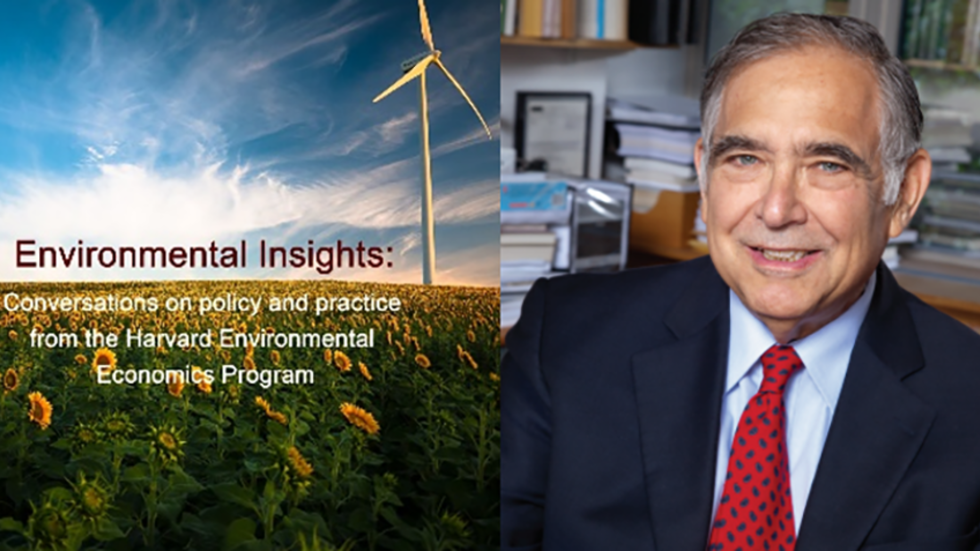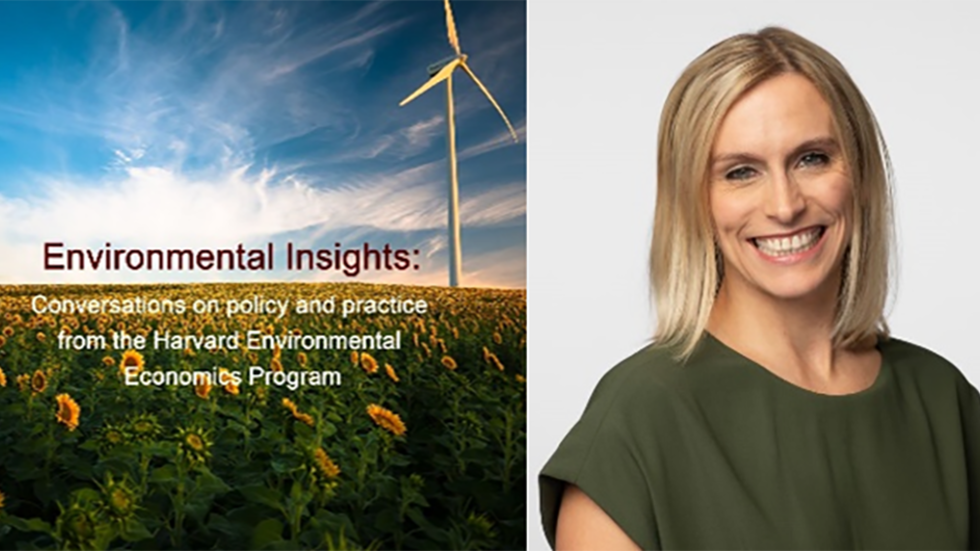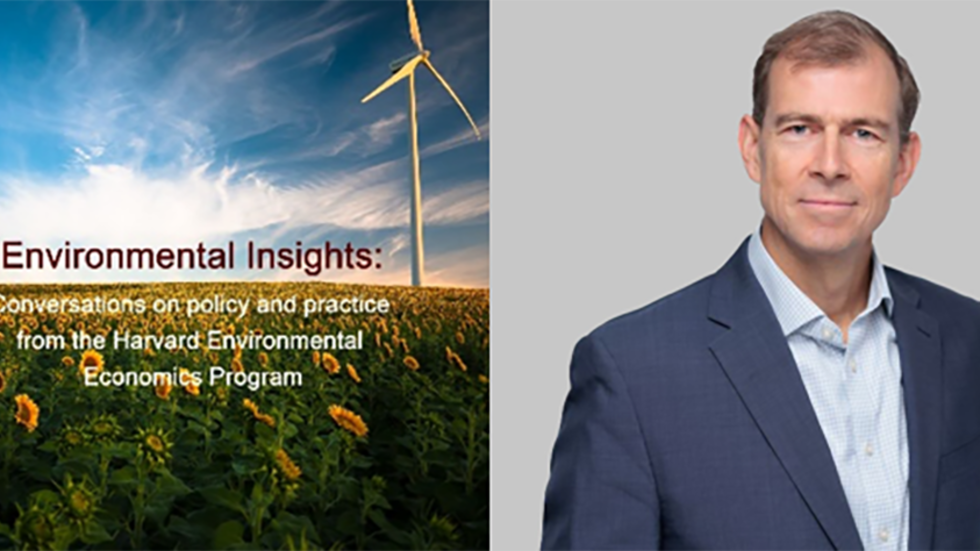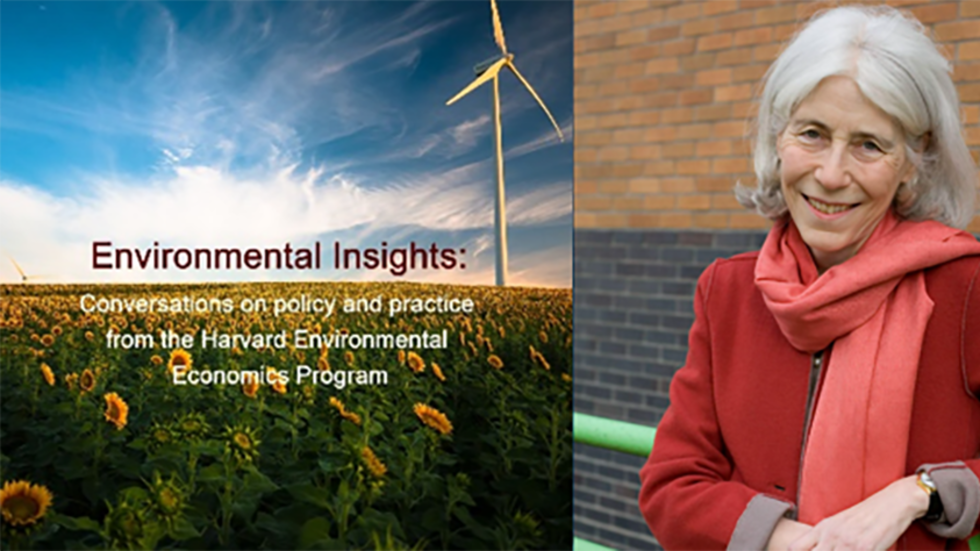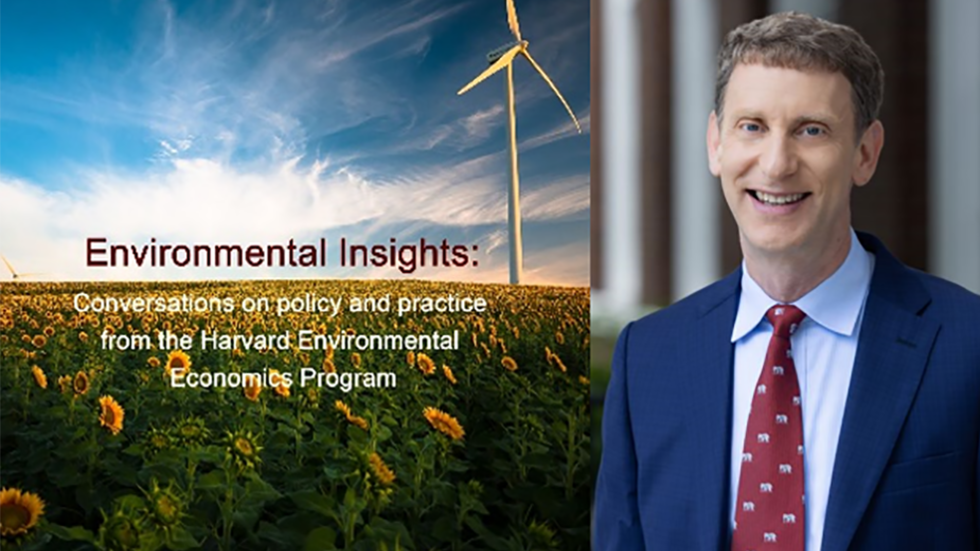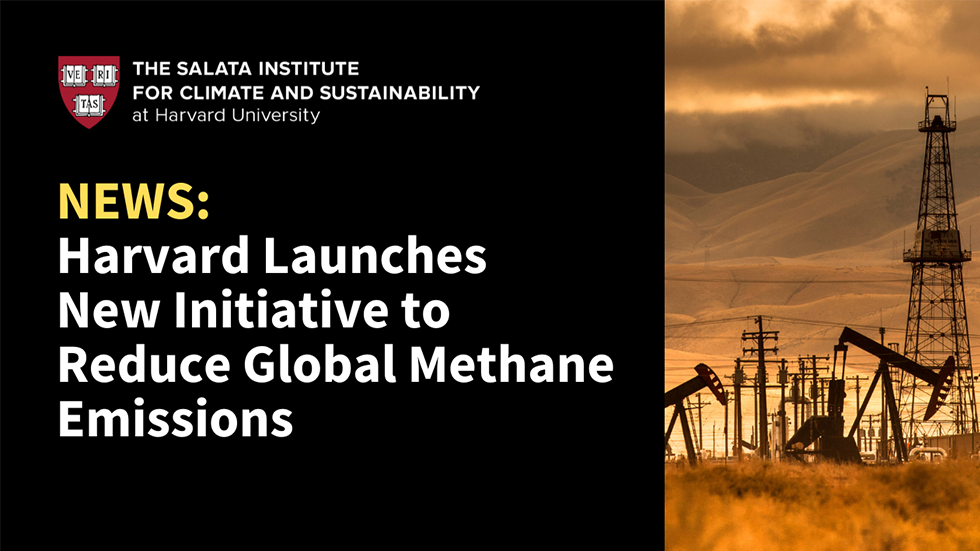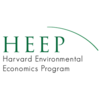Latest News
Learn about HEEP
HEEP is a university-wide initiative addressing today's complex environmental challenges and is based in the Harvard Kennedy School’s Mossavar-Rahmani Center for Business and Government. Learn more by reading director Robert Stavins' welcome message.
Environmental Insights Podcast
Recent Publications
News from the Harvard Project on Climate Agreements
HPCA Conversations on Climate Change and Energy Policy
The Harvard Project on Climate Agreements is conducting a series of virtual forums addressing key issues in climate-change and related energy policy. Each forum will feature an expert guest and will be moderated by Robert Stavins, Director of the Harvard Project.
We hope you can join us!
Next Scheduled Event:
TBD
To access recordings and transcripts of past events, please go to the HPCA Conversations Series webpage.
<embed>

